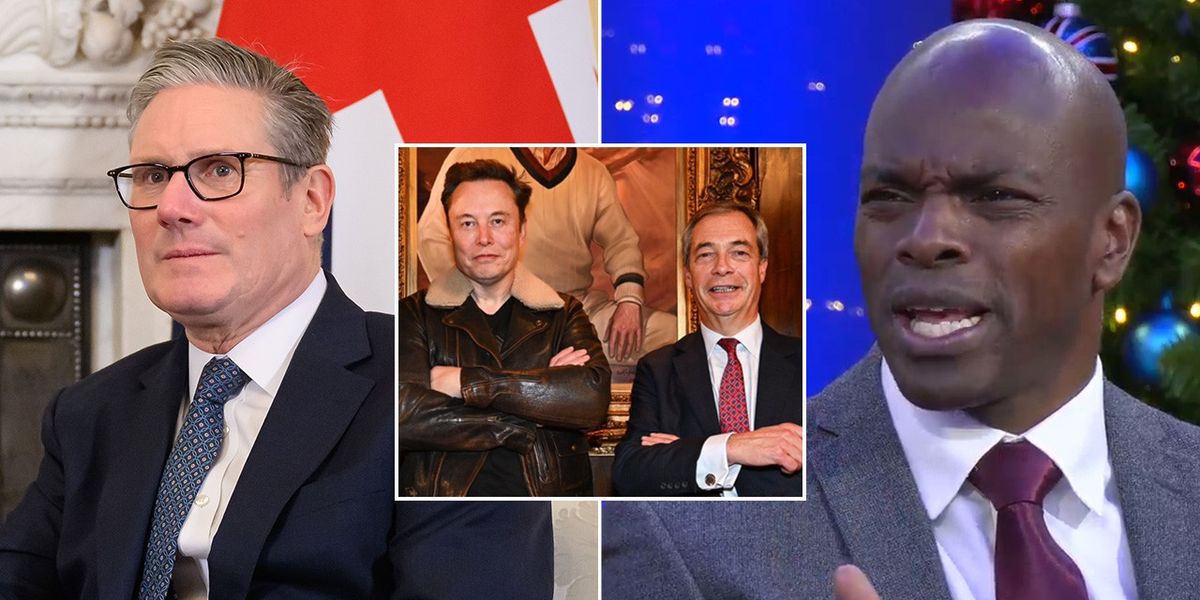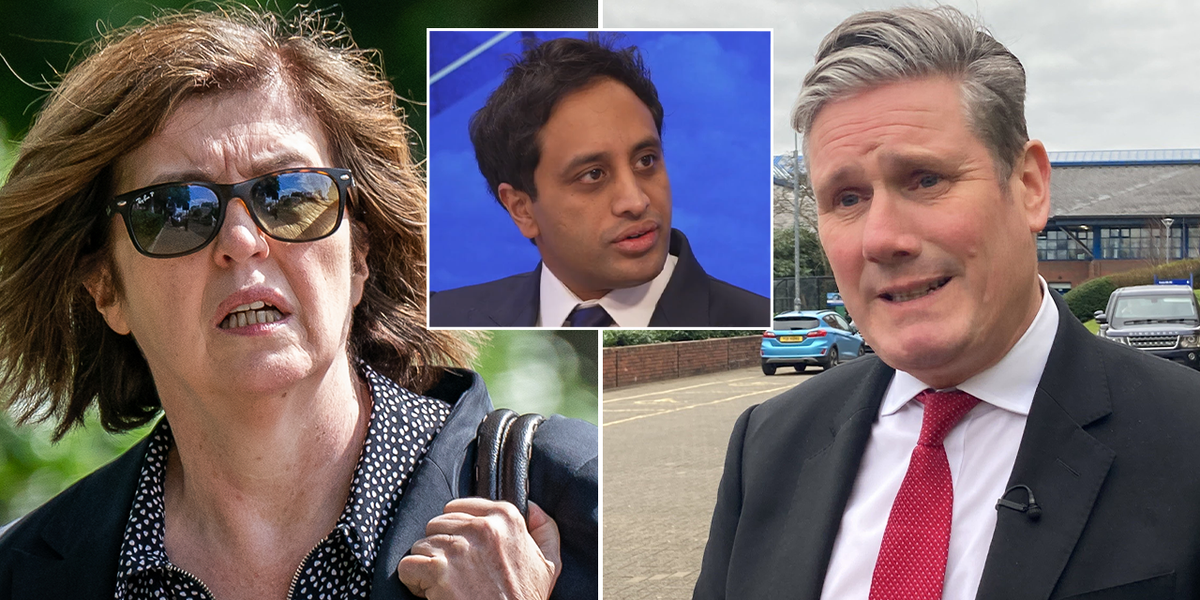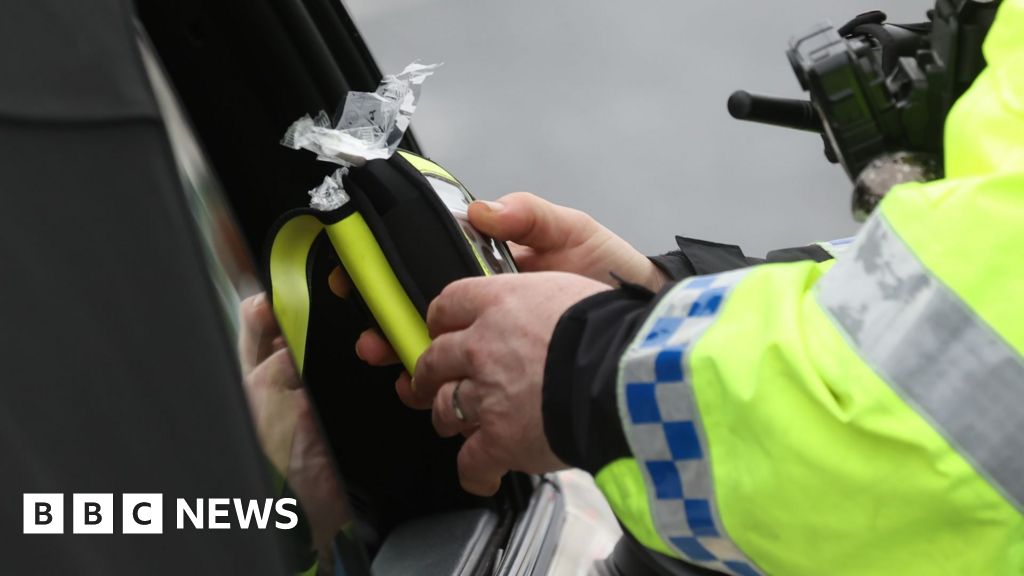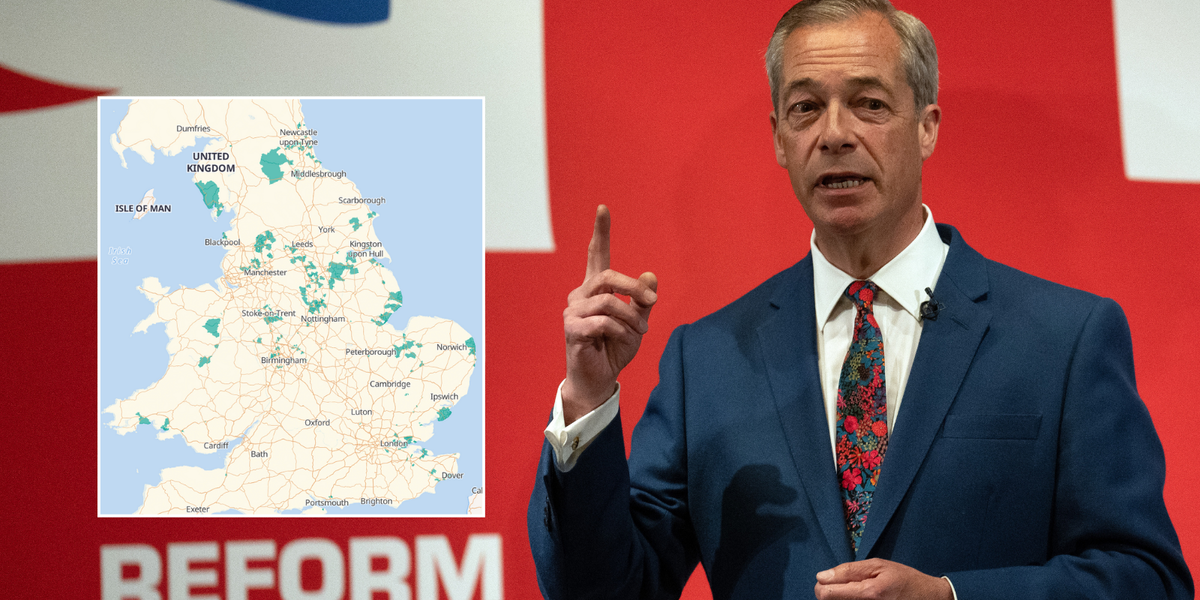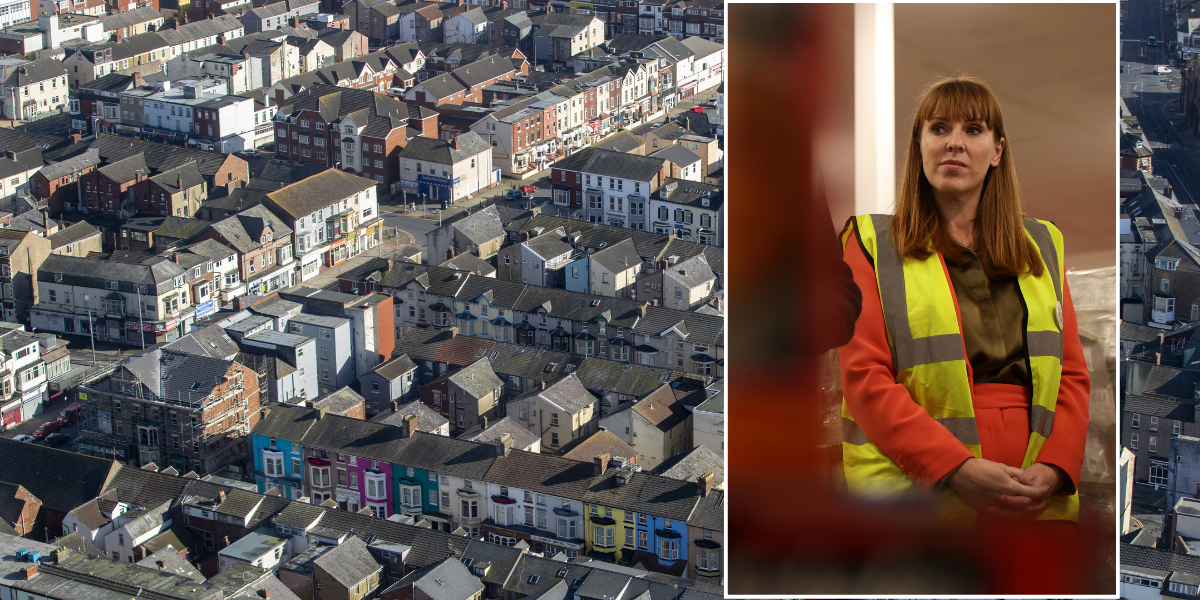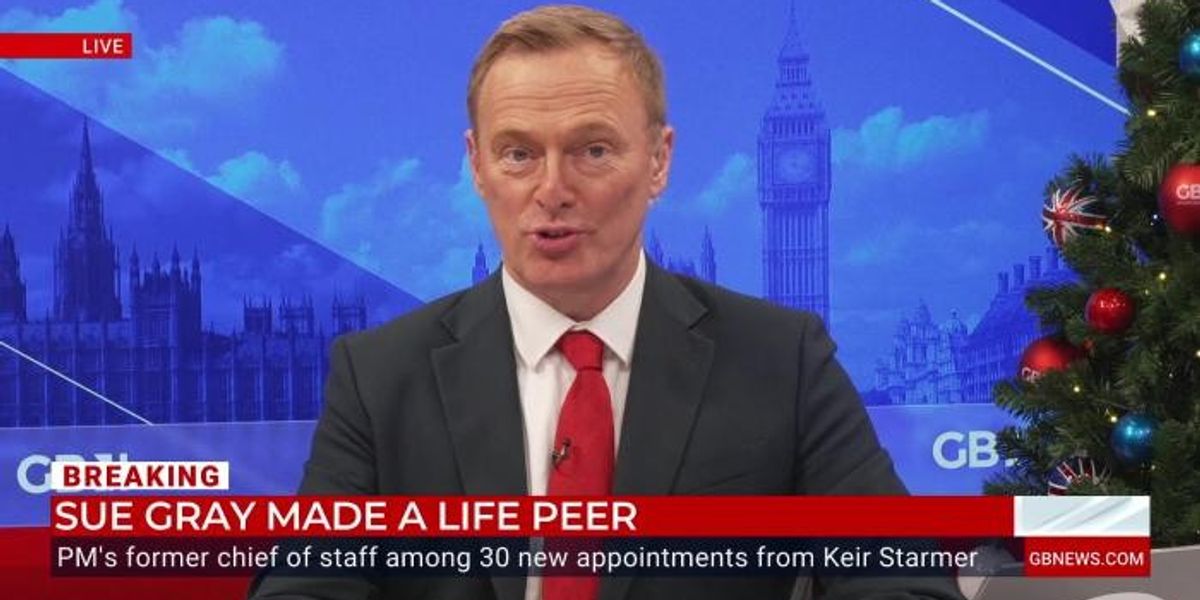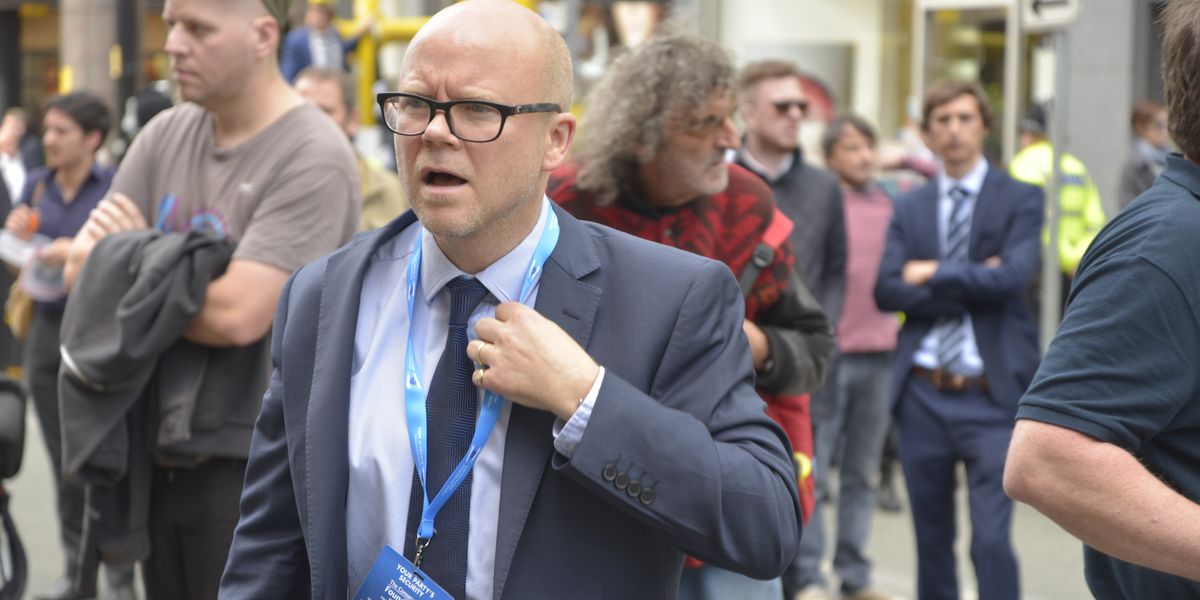Reform UK could win as many as 1,000 councillors before the next election, analysis by a leading data scientist has revealed.
Senior data journalist Ben Walker has restarted his ‘Britain predicts’ model which almost exactly predicted July’s General Election result.
The poll-aggregating model shows Reform dominating councils across northwest England, the Midlands, Lincolnshire and the Thames Estuary, though it remains unlikely the party would win overall control of any councils.
It projects scores of wards in Lincolnshire, Staffordshire, Durham, Norfolk and Essex- all up for grabs in 2025- flipping to Reform.
Council wards Reform is projected to win according to the Britain Predicts model
Britain Predicts
Nigel Farage’s party has been trending upwards in recent nation-wide polling, with several pollsters putting the party above 20 percentage points and even ahead of the Conservatives.
But after only winning five MPs in July’s General Election, the newcomer party has to wait until 2029 for the next General Election.
The first real electoral opportunity is 2025’s local elections. After capitalising on peak Boris Johnson popularity, the Conservatives hold the most council wards and are defending a whopping 1,428 wards in 2025.
But with Reform UK breathing down their neck, Kemi Badenoch’s Conservatives are likely to lose hundreds of wards, as confirmed by the Britain Predicts model.
Unlike UKIP and the Brexit Party, Farage’s party is taking council elections seriously, standing candidates in far more wards than they’ve ever managed to contest before.
The strategy, along with the allure of Reform’s ‘newcomer’ status with no history of underperformance in government, has led to some promising results.
In St Helens, a by-election in the safe Labour ward of Blackbrook saw Reform storm to victory with over 40 per cent of the vote.
No one other than Labour had ever won there, showing Reform is doing what other parties have tried to do for decades but failed.
Overall, the party has only won six of 169 council by-elections since the General Election. But that was from a standing start.
Add to that the fact that after just five months Labour’s vote share is already plummeting, with the trend only looking downwards as the economic outlook looks increasingly gloomy.
LATEST FROM MEMBERSHIP:
Last nights by-election result in Brockmoor & Pensnett (Dudley) is a case in point. The traditionally safe Labour territory elected a Conservative Councillor with 35.4 per cent of the vote.
Incumbent Labour ended up third after their vote share crashed 34.7 per cent, most of flipping to Reform.
Keir Starmer’s party has suffered a net loss of 25 councillors since July’s General Election as voters punish Labour for a series of unpopular decisions.
These include slashing the winter fuel payment, slapping farmers with inheritance tax, raising taxes by £40billion and pumping funds into net zero.
The Conservatives, who were leaderless for much of the period, have recorded a net gain of 23 councillors, illustrating how hard it is to win an election for an incumbent party.
The next major batch of elections are due in May 2025 with 21 county councils, nine unitary councils, one metropolitan borough council and Isle of Scilly and City of London councils up for grabs.


